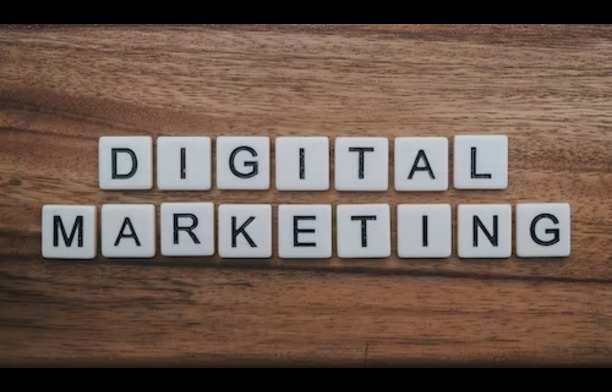
Measuring SEO Success: Key Metrics for Tracking Your ROI
September 28, 2023In the fast-paced realm of business, staying ahead requires not just adaptation but innovation. Nowhere is this truer than in the world of digital marketing, where the landscape is in a perpetual state of evolution. As technology advances and consumer behavior shifts, marketers must continuously recalibrate their strategies to stay relevant and effective. In this blog, we’ll explore the dynamic changes shaping the ever-evolving landscape of digital marketing and how businesses can navigate these turbulent waters.
- The Rise of Artificial Intelligence (AI):
Artificial Intelligence has emerged as a game-changer in digital marketing. Machine learning algorithms analyze vast amounts of data to provide insights into consumer behavior, enabling marketers to deliver personalized content and targeted advertisements. AI also plays a crucial role in chatbots, providing instant customer support and enhancing user experience. As businesses embrace AI, the challenge lies in balancing automation with the human touch to create meaningful connections with customers.
- Video Dominance:
Video content continues its ascent as the preferred medium for online consumption. Platforms like YouTube, TikTok, and Instagram Reels have become marketing goldmines. The challenge for marketers is to create engaging, shareable videos that resonate with their audience. Live streaming is another trend gaining momentum, allowing brands to connect with their audience in real-time and build a more authentic relationship.
- The Power of Influencer Marketing:
Influencer marketing has evolved from a trend to a staple in digital marketing strategies. Collaborating with influencers allows brands to tap into established audiences and build credibility. However, as the market becomes saturated, authenticity is key. Consumers are savvy and can spot inauthentic endorsements. Successful influencer partnerships are built on mutual trust and a genuine alignment of values between the brand and the influencer.
- Ephemeral Content and the Stories Revolution:
The rise of ephemeral content, popularized by platforms like Instagram and Snapchat, has changed the way brands engage with their audience. Stories create a sense of urgency and FOMO (Fear of Missing Out), driving real-time engagement. Marketers need to adapt their content strategies to the short-lived nature of stories, focusing on authenticity and capturing the viewer’s attention within seconds.
- Data Privacy Concerns:
With the increasing focus on data privacy, particularly with regulations like GDPR and CCPA, marketers need to be vigilant in how they collect and use customer data. Building trust is paramount, and transparent communication about data usage is essential. The challenge lies in striking a balance between personalization and respecting user privacy, ensuring compliance with evolving regulations.
- Augmented Reality (AR) and Virtual Reality (VR):
The immersive experiences offered by AR and VR are transforming the way consumers interact with brands. From virtual try-ons to interactive brand experiences, these technologies open new avenues for creative marketing. The challenge lies in making these technologies accessible and seamlessly integrated into the customer journey.
- Search Engine Optimization (SEO) in the Age of Google Updates:
Google’s ever-evolving algorithms keep marketers on their toes. With each update, the emphasis shifts, and new ranking factors come into play. Keeping abreast of these changes is crucial for maintaining visibility in search results. Content quality, user experience, and mobile-friendliness continue to be essential elements in SEO strategies.
Conclusion:
The digital marketing landscape is a dynamic ecosystem, shaped by technological advances, changing consumer behavior, and regulatory developments. Success in this ever-evolving environment requires a commitment to staying informed, adapting to emerging trends, and maintaining a customer-centric approach. By embracing innovation, fostering authenticity, and leveraging the power of data responsibly, businesses can navigate the digital marketing landscape with confidence, ensuring they not only keep pace but lead the way in this exciting era of marketing evolution.




